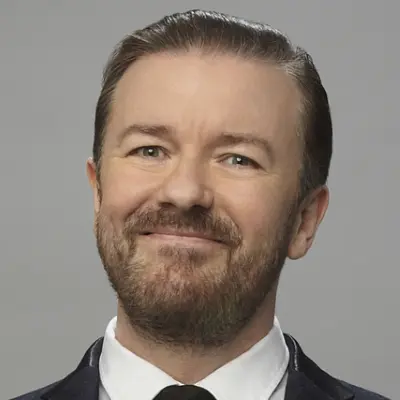Ricky Gervais' new Netflix special is an example of "lazy punch-down humor"
-

Gervais' Humanity standup special is mostly devoted to complaining "that the world keeps telling him what he can and can’t say," says Matt Zoller Seitz. "He makes it sound as if hearing an opinion or a personal reaction to a comedian’s work (on Twitter, or in, say, a TV review) is the same experience as being fired or jailed by the government as retaliation for criticizing an official." Seitz adds that this seem to be a trend among some established comedians: "Nobody is denying a platform for Gervais, (Dave) Chappelle, Chris Rock, or even Louis CK (who had a Netflix special last year, a few months before his career imploded)," he says. "They’re free to say whatever they want during their routines, and Netflix is free to give them time and space in which to say it. What seems to infuriate these comedians, however, is that audiences can talk back more easily now and say, 'I don’t like that,' or 'I didn’t find that funny,' or 'That seemed cruel to me.' What comedians like Gervais object to is being made to think about what they’ve said, and potentially feel regret or guilt over having made a poor choice of material or words. That their initial impulse is to feel anger and resentment at the person raising an objection is telling."
TOPICS: Ricky Gervais, Netflix, Ricky Gervais: Humanity, Standup Comedy
More Ricky Gervais on Primetimer:- Is there a phone theft epidemic in London? Everything to know as Ricky Gervais' billboard for Dutch Barn Vodka says "Hold on to your Phone"
- The Golden Globes Have Never Needed a Host
- It Shouldn't Be Up to Mae Martin to Call Out Transphobic Comedy
- Elliot Page Blasts Transphobic Comedians: 'It's Not a Joke'
